Special feature of 1905 film network Eleven years ago, Caesar, an orangutan who was awakened unexpectedly by human experiments, launched a six-year-long battle for the freedom of the apes. Seven years after the departure of leader Caesar, the ape flu hit and a new world in which apes were in an upside-down situation began … … Iterative special effects technology, renewed role setting and reconstructed world outlook are still incompatible with each other. However, after the film was released recently, it suffered a "triple jump" in the first weekend, and its score was far less than that of the first trilogy in the series.
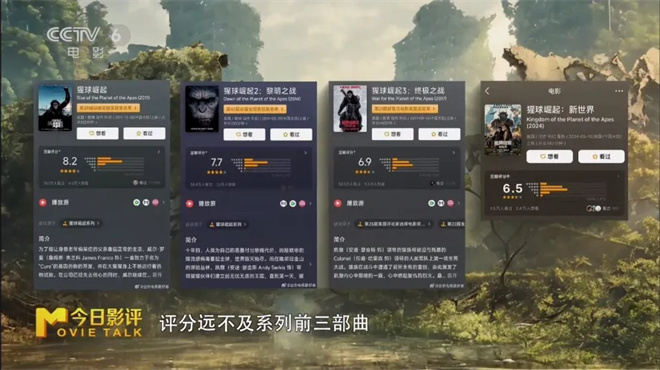
In this program, we invite Huang Haikun, editor-in-chief of Watching Movies magazine, to talk with us about whether we can rise without Caesar’s "Planet of the Apes".
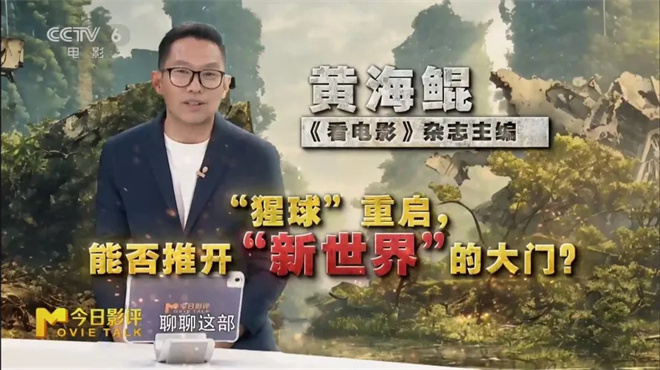

Realistic special effects
Score: ★★★★☆☆
Have the courage to make innovations
Score: ★★★★☆☆
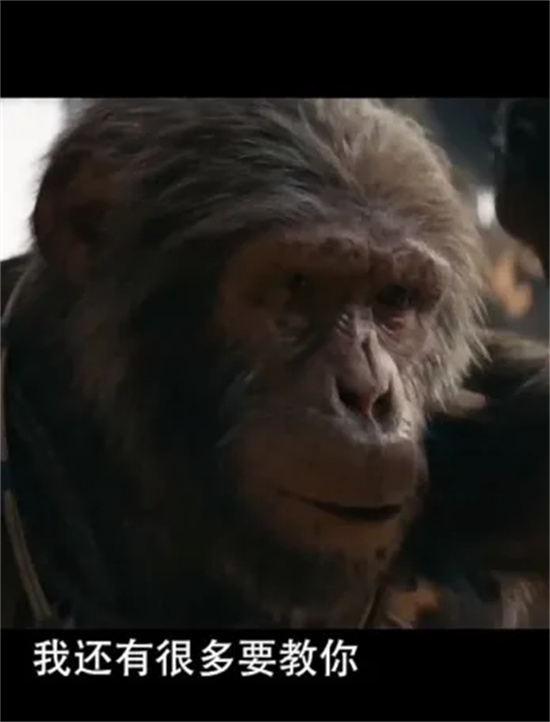
The special effects in the film are so subtle that the hair texture of apes and other animals is also restored. By observing the face of an ape, the audience can see its sex, age and even its personality.
"But technology will always serve stories, characters and emotions. If these three are not established, technology can only give the audience a temporary stimulus." Huang Haikun commented.
New protagonist: Noah
The protagonist of Rise of the Planet of the Apes: A New World has changed from Caesar to Noah, a young ape. Can the appearance of Noah meet the audience’s expectations for the protagonist?
Caesar VS Noah
In this "battle for the leading role", Huang Haikun awarded the gold medal to Caesar. Caesar, as the protagonist of the first three films, left a deep impression on the audience. It is like the ancestor of human beings who bravely took the first step and fell underground from the trees in the virgin forest, with a far-sighted vision beyond that of ordinary apes. The audience accompanied Caesar’s growth in the process of watching the movie, watching him pry open a light from the ignorant animal nature, watching him gradually realize the problems between human beings and apes, and then leading the whole apes to their own homes.
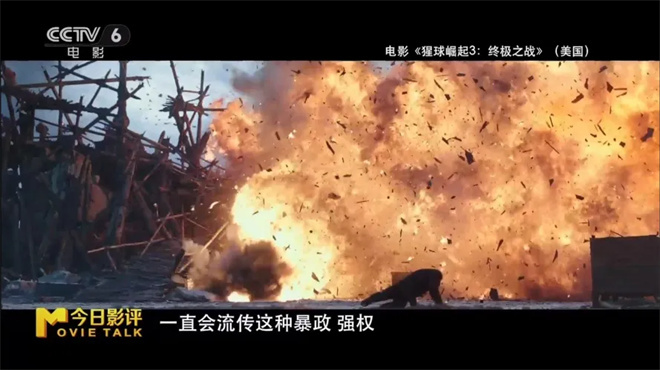
"When Caesar shouted’ No’ to mankind, the shock at that moment was far greater than all the battle scenes in the second and third films. At that moment, I felt that the world view of this film was grand and profound, "Huang Haikun said.
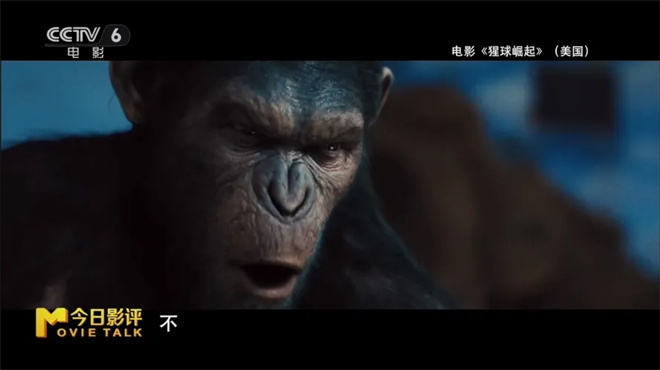
Different from Caesar’s arc, Rise of the Planet of the Apes: A New World basically follows the general formula of "classical hero modeling": Departure — — Enlightenment — — Test — — Go home. Noah’s growth process is like that of an adolescent. He is eager to prove himself, but he makes mistakes again and again. Only when the whole home is destroyed does he suddenly wake up and stand up again from the ruins. Compared with Caesar, Noah’s growing history lacks the awakening process of "humanity".
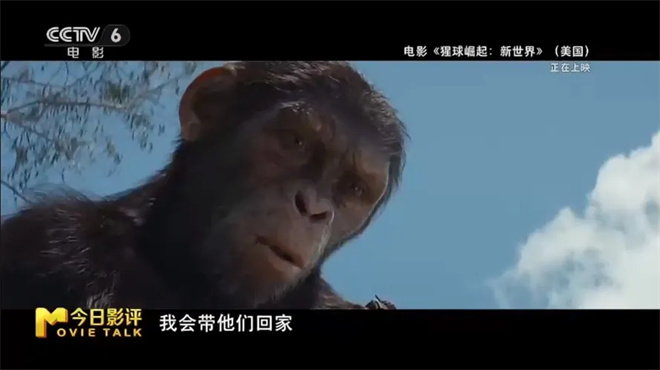
After seven years of disobedience, I lost Caesar’s "Scarlet Ball" restart, failed to undertake the glory of the first three films, and fell into a new round of word-of-mouth polarization. Some viewers commented that "the script of the film is full of AI feeling, the rhythm is dragging, it is long and mediocre, and it makes people sleepy", and even joked that the film is "a model of using the best technology to make the worst movie". So why is the fourth film so controversial? Huang Haikun gave the answer from the perspective of script creation.

"Slogan style" subverts the world outlook and lacks details.
In the fourth film, the screenwriter bravely subverts the settings of the first three films, shifting the narrative focus of the film from human beings to apes, breaking the settings in the first three films that human civilization is dominant and the minority represented by Caesar resists the tyrannical power in human society, transforming the dominant civilization of the earth into the civilization of apes, and the intelligence level of human beings is suddenly reduced to the state of infants and young children. In order to establish this new ecology, the film spent a long time talking about the tribal struggle of the apes, which led to top-heaviness.
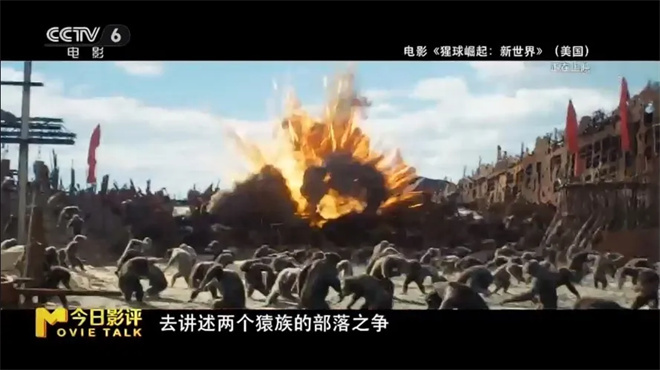
The play is out of balance, so it is difficult for the audience to project their feelings for the role.
Secondly, the creator misjudged the audience’s expectations of watching movies. The film emphasizes literature and drama, ignoring the grand war scenes expected by the audience. At the same time, due to the innovation of setting, the narrative of the film requires the audience to substitute from the perspective of apes, while most of the audience are used to watching it from the perspective of human beings, which separates the emotional resonance between the film and the audience.

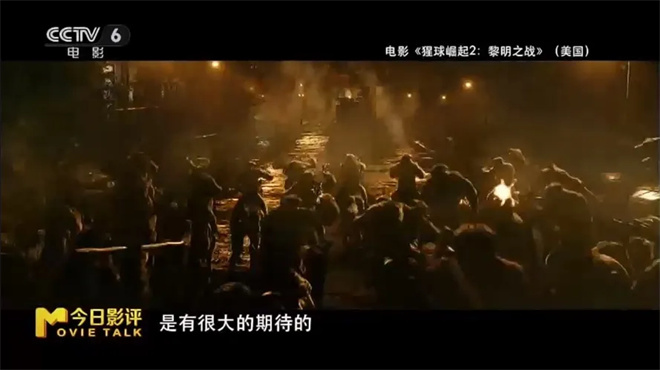
Creation should have the courage not to stick to the previous work, just like human civilization and ape civilization, from germination to development, we need to experience the exploration of the earth and the universe. Brave "navigators" are needed to constantly explore unknown areas.
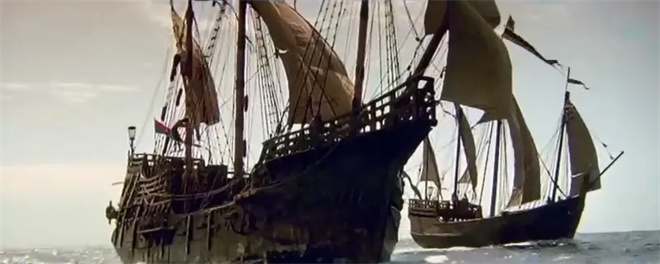
At the end of the program, Huang Haikun looked forward to the future development of the "The Planet of the Apes" series films: "In such a film about people and orangutans, I saw the romantic communication between civilizations, and I think it can make an epic temperament in the future."
关于作者